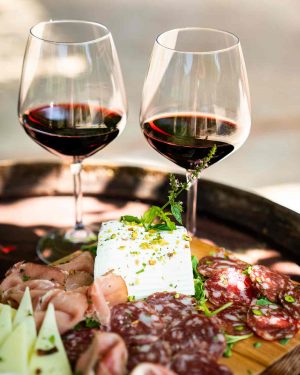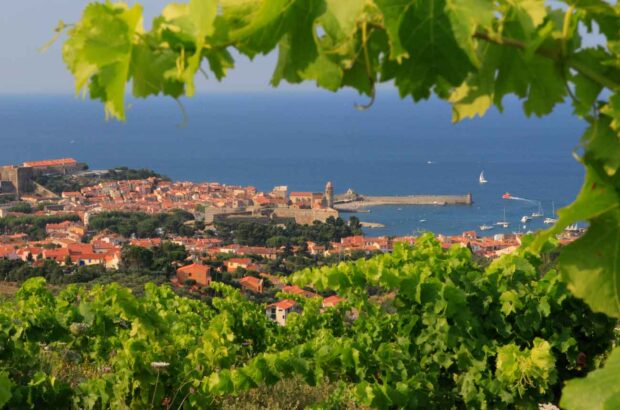Sicily, with its myriad of landscapes, microclimates and terroirs, is often considered a continent in itself. The island’s rich history is translated into a unique viticulture heritage, opening a world of discovery to all wine & food lovers.
A key part of Sicily’s singularity is its array of indigenous grape varieties which, having evolved and adapted to multiple settings, fully express the beautiful variations of time and place within the island. Each vintage and sub-region can be savoured in each bottle of Sicilian wine.
Among the multiple local grapes, one stands out: Nero d’Avola, often considered the King of Sicilian indigenous varieties. While Avola itself is in the southern part of the province of Siracusa, the grape can be found across the island, namely in Ragusa, Caltanisetta, Agrigento and Catania. Nero d’Avola needs good exposure, warmth, and low training of the vines, which explains why it performs so well in most Sicilian terroirs and when trained using the traditional alberello (small tree) method. Particularly sensitive and adaptative to variations in growing conditions, in both time and place, this Sicilian grape yields wines that are extremely expressive of their site and vintage.
Valued for its body, deep colour and intense, yet elegant, aromatics, Nero d’Avola is equally successful in single-varietal wine or as blending companion to other local and international grapes.
You can find Nero d’Avola alongside Frappato, Nerello Mascalese and Perricone, other prized Sicilian red varieties, but it’s worth seeking out single-variety expressions to fully understand the character of this regal grape capable of producing wines that are at once deliciously drinkable and suited for ageing. Nero d’Avola’s prized structure and aromatics allow it to respond very well to fermentation and ageing in different vessels, from oak to stainless steel, concrete eggs and clay amphorae, making it the perfect raw material for the experimentation and precision work that Sicilian winemakers have become known for.
When grown on hilly, limestone-rich soils, Nero d’Avola showcases trademark aromas of wild strawberry, sour cherry and red plum, supported by posed tannins and marked acidity. On clay-rich soils, on the other hand, Nero d’Avola tends to show more intense aromas of candied cherry, crushed roses, sweet spices, liquorice and dark chocolate, with silky tannins and measured acidity. There is, however, a consistent complexity and textural appeal that make Nero d’Avola wines particularly age-worthy and food-friendly. Either served as an aperitif, alongside cheese & charcuterie, or as a pairing companion to seared tuna, octopus, rich pasta dishes or chocolate-based desserts, Nero d’Avola will easily become your go-to option.

A noble grape that produces elegant, approachable wines and will make you want to explore and discover Sicily’s fascinating mosaic of flavours.
Discover more about Sicilia Doc here
Connect on: Facebook | Instagram | Twitter |








